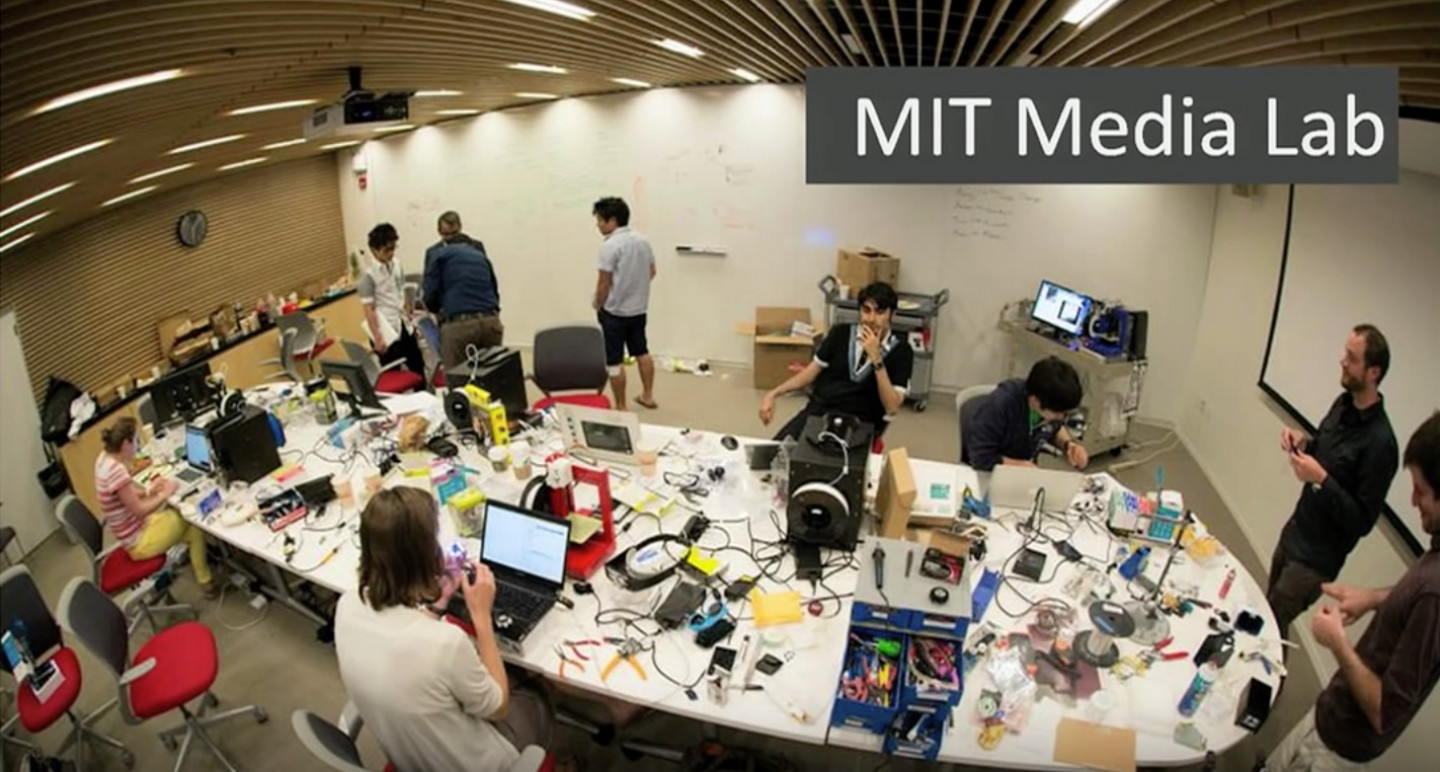The Smart Cities agenda has been set by technology companies who believe sensor technology and big data will deliver more adaptive urban systems, from energy use to traffic. But as the Smart City becomes more tangible, a diveristy of approaches are emerging revolving around the idea of the Smart Citizen.
Muki Haklay of UCL’s Extreme Citizen Science research group and Mapping for Change recently spoke at The Building Centre’s From Mapping to Making Event, of the group’s work with citizens on the Pepys Estate, emphasizing “that just as we are trying to reach out to people in the places that they use daily and fit the participatory process into their life rhythms, we need to do it in the online environment. That means that conversations need to go where they are – so linking to facebook, twitter or whatsapp.”
Next City just reported on the recent Khumb Mela festival in Nahsik where a team from MIT developed a range of mobile apps including Meditracker, giving visitors medical information and Track Nashik giving people access to crowd information.
On October 26 and 27 MIT Media Lab is holding Kumbathon@MIT with researchers, business leaders and officials from the city of Nashik. Echoing the spirit of Muki Haklay’s sentiment at From Mapping to Making, the MIT KumbaThon site explains, “in developing countries, citizens are becoming digital well before cities are becoming digital. Thus our emphasis is on Smart Citizens, because these Smart Citizens will play a key role in defining Smart Cities. In the emerging world, learning takes place without schools, transactions proceed without a formal currency, companies build transportation solutions that don’t own the fleet, food is grown away from traditional farms and digital information democratizes participation in civic matters.”

